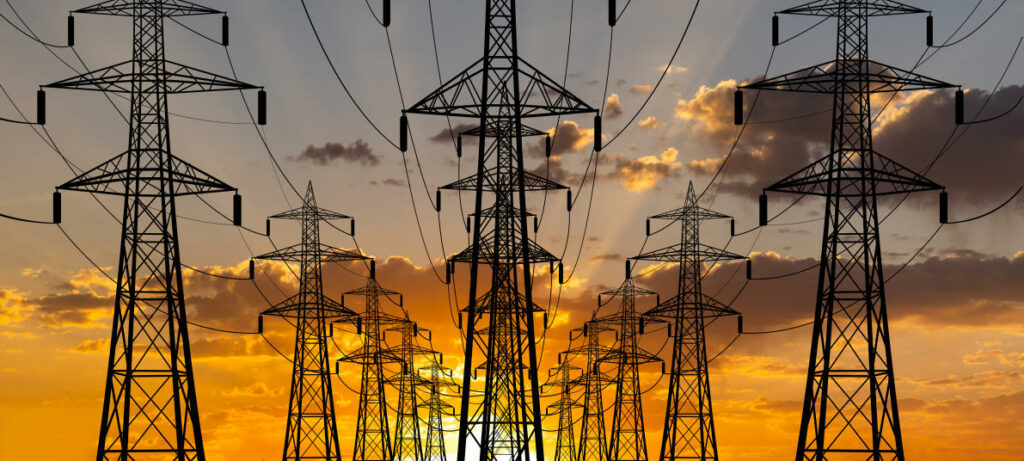Apparently the project to electrify the United States is not practical. An outfit named Canary Media, which exists for the sole and joyous purpose of “chronicling the transition to a decarbonized economy and society”, has pointed out that “The US has more clean energy projects planned than the grid can handle”. You could call this warning a canary in a coal plant. But rather than taunt them, we welcome their decision to give such details some thought, however late in the game.
Consistent with their overall outlook, they insist that the problem is in fact relatively minor. Or at least that it can be solved given (drum roll please) political will. Which is in fact highly unlikely given the physics of storage involved. But without coming to grips with that massive problem, the Canary Media piece by Jeff St. John does concede that “The proposed wind, solar and battery projects seeking interconnection to U.S. transmission grids today are enough to bring the country to 80 percent carbon-free energy by 2030. But based on historical trends, less than a quarter of those planned projects are likely to be built.” And why not?
St. John, armed with a masters from the UC Berkeley Graduate School of Journalism, cites two recent reports, one from Lawrence Berkeley National Laboratory and the other from the U.S. Department of Energy. The former, on “U.S. interconnection queues”, a specialized preoccupation but an important one, surveyed major American grid operators and utilities and while it genuflected briefly to a “revolution taking place in the type of electricity we’re seeking to install in the U.S.,” it then admitted that seeking to install and installing are not the same thing, and pointed to “massive institutional and structural barriers that are slowing down and prohibiting a lot of that capacity from coming online” in the words of the LBNL lead author.
As for the Department of Energy report, it warns of less construction, growing costs and longer delays and says “To alleviate the growing gridlock, transmission planning and interconnection processes need reform.” And certainly it is good that people who place enormous faith in government occasionally pause to reflect on its actual record and perhaps even to retort “Physician, heal thyself” when the major regulator admits that it’s doing a wretched job.
On the basis of such considerations the Canary Media item allows that “even the best-positioned projects that already have the land rights, construction financing and power-purchase contracts necessary to move forward are likely to face years of delay and potentially millions of dollars of grid upgrade costs before being able to connect to the grid. These barriers could prevent many planned projects from reaching completion – and block the country from decarbonizing fast enough to prevent the most devastating effects of global warming.”
Now there is much that this analysis overlooks, including that “the country” cannot “decarbonize fast enough to prevent” anything, since if the entire United States economy were submerged by the raging seas of climate change it wouldn’t make much difference in total human GHG production given the massive expansion taking place in countries like China and India (something even the New York Times “Climate Forward” now acknowledges is a significant issue), let alone “prevent the most devastating effects of global warming” which the piece takes for granted will soon occur and already are. But when you realize you can easily decarbonize in eight years if you just completely revamp both the economy and government, you might be on the way to a much more realistic appreciation of the true situation.
Who knows? You might even take a second look at the science. Especially since the Canary Media editorial charter commits them to “Provide context and avoid oversimplification or misrepresentation of complex issues.”


